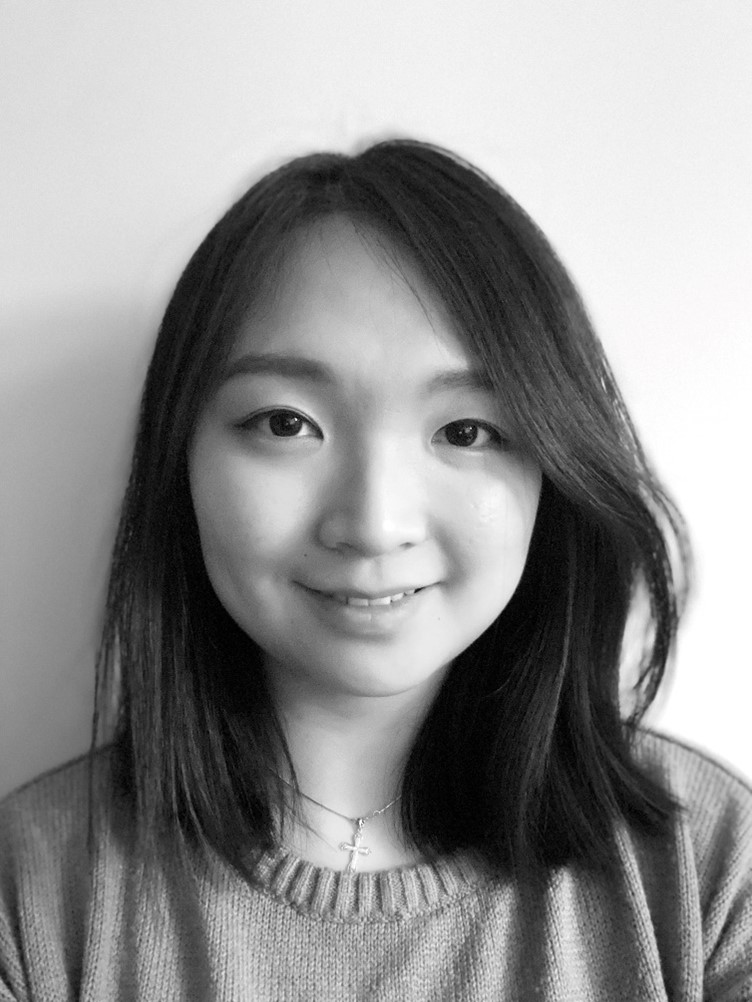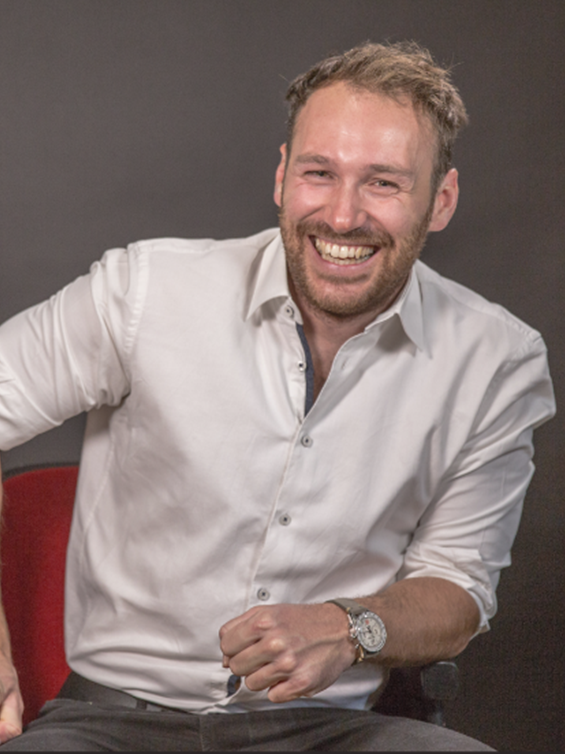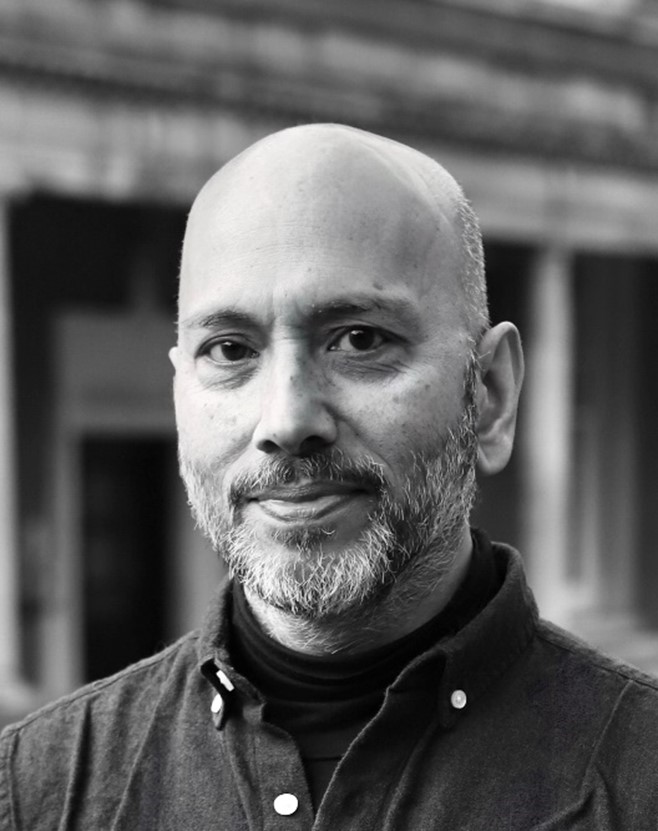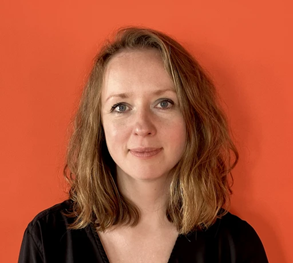Design in Organisations Module to host an engaging, industry-leading guest speaker lineup.
Design in Organisations module, run at the Institute for Creative Futures as part of MA/MSc Design Innovation and MSc Service Design Innovation programmes, is hosting an external guest speaker line-up as part of the module. It will feature industry experts in the area of design and innovation in organisations, providing students with a real-world insight into the broader question that underpins this module: what are the different ways in which design materialises and is applied in the organisations within a service economy?
For any queries, please contact the module leader and MA/MSc Design Innovation programme director, Dr. Ksenija Kuzmina on k.kuzmina@lboro.ac.uk
Upcoming talks will include:
Cheryl Cheung – Date: 02.12.2024
Lecture title: Designing for Impact: Harnessing Design to Transform Public Services and Organisations
Biography: Cheryl Cheung, is an alumni of MSc Design Innovation, Loughborough University London (2018), and a seasoned service designer with over a decade of experience spanning social impact, public services, and sustainability-focused design.
Talk synopsis: In her lecture, Cheryl will delve into how design bridges the gap between strategy and implementation in organisations, using lessons from her work to inspire students to think critically about design’s potential for creating meaningful change.

Dr. Clemens Kerschbaum – Date: 9.12.2024
Biography: Clemens Kerschbaum is an Assistant Professor at New Design University in St. Pölten, Austria. In addition to his academic role, he works as a researcher and consultant at Argus-AI. His research focuses on non-rational types of knowledge and their application in various business domains, including innovation, business development, and the secure integration of new technologies into existing organizational structures. Clemens is currently the program director of the interdisciplinary master’s program Management by Innovation that addresses the intersection of Management and Design.
Talk synopsis:
Organizational or corporate purpose has become a highly debated topic in recent years, both as a way to articulate the reason for an organization’s existence and as a means to challenge the traditional fixation on profit maximization. Yet, beneath the surface, much of an organization’s purpose remains implicit—woven into its values, history, culture, and broader context. This implicit nature poses a critical challenge: when corporate actions fail to align with this underlying purpose, stakeholders often perceive the organization as inauthentic or unsuccessful. Yet, how can organizations and respective decision-makers uncover or act upon their true purpose? A novel perspective lies in the concept of organizational aesthetics, which allows us to understand organizing in a profoundly human and sensory way. By leveraging this perspective, organizations can move beyond abstract ideals and design purpose-driven systems that resonate with both their internal and external stakeholders. This talk explores how aesthetics can serve as a transformative tool for identifying and enacting organizational purpose, offering insights for building organizations that are authentic, aligned, and future-ready.

Prof. Eenasul Fateh – Date: 10.12.2024
Lecture title: The dynamics of ‘high performance’ in advanced organisational leadership and management.
Biography: Professor Eenasul Fateh is a social scientist, psychologist, strategy consultant and artist-researcher. At this lecture-workshop on ‘high performance dynamics’, he will be sharing his knowledge of the biopsychosocial determinants of “human performance”, founded on his ground-breaking interdisciplinary practice across sectors, including trauma-informed work in clinic.
Professor Fateh is a senior associate and board member of the Tavistock Institute of Human Relations (originators of the concept of “high performing teams). For several years he was a member of the British Psychoanalytic Council award-winning Trauma Service at the Tavistock and Portman NHS Foundation Trust (pioneers of ‘trauma-informed’ therapeutic practice with patients with complex trauma), continues as a board member of its associated charity and has been a specialist youthworker engaging with street gangs; he trained at the Tavistock and Portman, the Institute for Psychosynthesis and Goldsmiths University.

Photo credit: Sofiia Vinnichenko
As a strategy consultant he has advised an array of innovators, including Citibank, LVMH, Schlumberger, Adidas, DEFRA, Bureau of Investigative Journalism, bdnews24.com, TheCowgirls.Co, the Mayor of London, regeneration projects in Fogo Island, Aarhus, Berlin, Deptford etc. In 2002 his strategy consultancy work for EDF received the Financial Times/Arts+Business award for CPD. He has taught at Loughborough, LSE, LBS, Cranfield, Copenhagen Business School, Manchester University, Royal College of Art etc. As an interdisciplinary artist his work has featured at the ICA, Whitechapel Art Gallery, Manifesta Biennial etc. https://bit.ly/3Q0vN4
Talk synopsis:
Exploring the core psychological, behavioural, ‘biopsychosocial’ and trauma-informed skills and strategies essential for generating, sustaining and accelerating the development of resilient and high performing leadership and management – using a step-by-step, actionable approach.
Aleksandra Melnikova – Date: 12.12.2024
Lecture title: (Un) Designing Organisations
Biography: Aleks is a co-founder of Cosmic Velocity, a product and service design agency that places inclusivity at the core of what they do. Aleks has led various design teams across top UX/product design agencies such as ORM, Foolproof, BIO, Radley Yeldar, Publicis Poke and Inviqa (ex-Webcredible), delivering successful products and services for many clients worldwide. She’s driven by passion for helping people and businesses create truly inclusive experiences.

Talk synopsis: The role of design in organisations has grown over the years, so much so we are talking about applying it to the organisation itself: how many of organisations that exist today are intentional, and how many developed in a fairly unorganised manner? Businesses are difficult to change and challenge, often due to their systematic and interconnected nature – so where may we start, as designers?
In order for us designers to have “a seat at the table” we often help organisations re-design the table: looking at people, processes and the product itself, changing the business. In this talk, we will look at real-world examples of building design capabilities within organisations of various sizes, and will talk about the challenges and successes we had along the way in implementing design methodologies and thinking across multiple client groups.We will then try our hand at understanding the building blocks of an org design, and the potential for impact – in a game / workshop form.
Loughborough University London
Blogging everything that’s happening at Loughborough University London